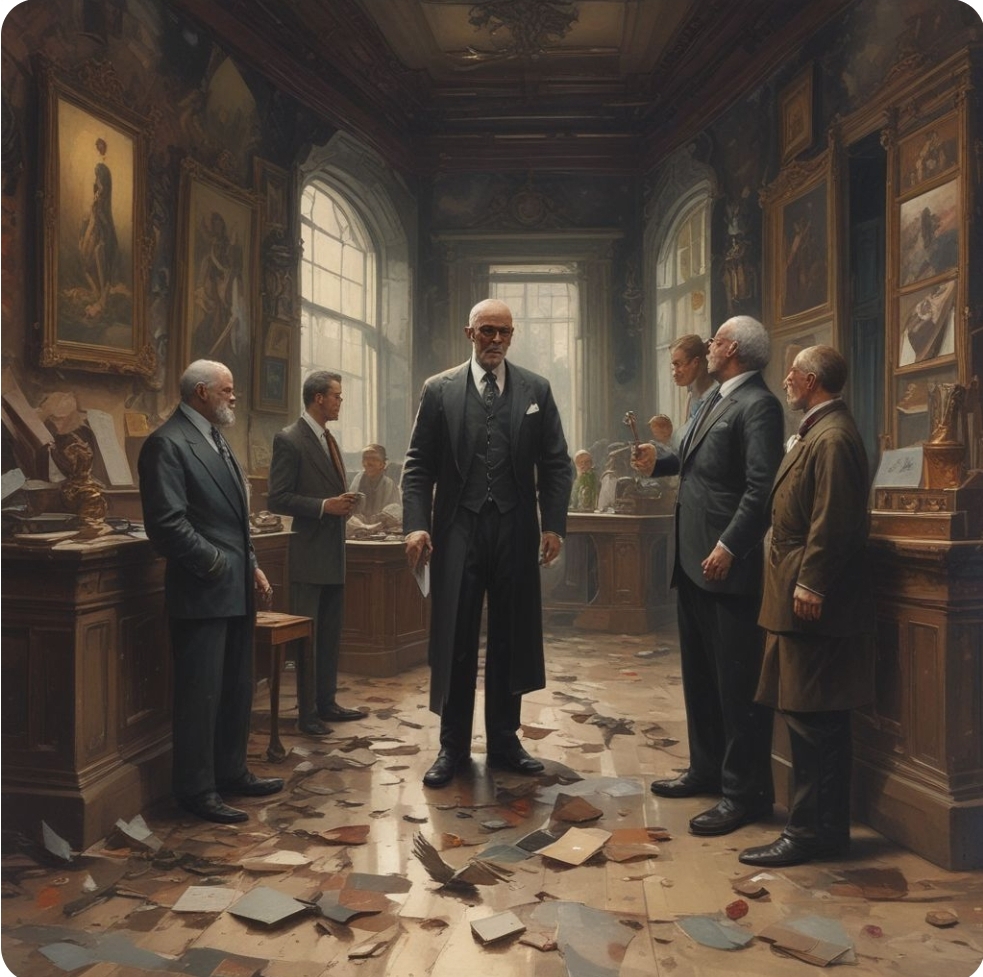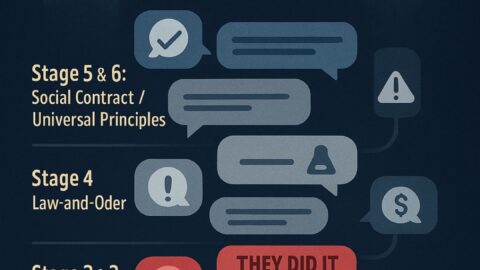While reading Stephen Covey, 7 Habits of a Highly Effective person. I came across this quote that I felt needed more attention. I realized in order to have something beautiful in the world, one has to understand and study the opposite in order to get the whole picture instead of bits and pieces.
It is a universal concept as it describes individuals, families, societies and nations both past and present as is currently relevant in our current political climate.
”I doubt that anyone would seriously consider unfairness, deceit, baseness, uselessness, mediocrity, or degeneration to be a solid foundation for lasting happiness and success. Although people may argue about how these principles are defined or manifested or achieved, there seems to be an innate consciousness and awareness that they exist.
The more closely our maps or paradigms are aligned with these principles or natural laws, the more accurate and functional they will be. Correct maps will infinitely impact our personal and interpersonal effectiveness far more than any amount of effort expended on changing our attitudes and behaviors.” — Stephen Covey
Unfairness, deceit, baseness, uselessness, mediocrity, and degeneration are inherently unstable and corrosive elements. When a tyrant builds their rule on these foundations, they may achieve short-term power, but it is almost always unsustainable in the long run.
Here’s how these elements undermine lasting happiness and success:
- Unfairness: A regime built on inequality and injustice breeds resentment and unrest. Over time, this lack of fairness leads to widespread discontent, making the society unstable and prone to revolt or collapse.
- Deceit: Lies and manipulation may keep a tyrant in power for a time, but deceit erodes trust. Without trust, even those who initially supported the tyrant will eventually turn against them, leading to isolation and vulnerability.
- Baseness: Resorting to low and corrupt practices to maintain power degrades the moral fabric of society. It sets a standard that encourages further corruption and decay, leading to the disintegration of societal norms and values.
- Uselessness: Tyrants often disregard the needs and potential of their people, focusing instead on maintaining their power. This neglect leads to a society that is stagnant, where talents are wasted, and progress is stifled, ultimately weakening the tyrant’s own base of power.
- Mediocrity: By suppressing excellence and promoting mediocrity, tyrants create a culture where innovation and creativity are stifled. Over time, this leads to a decline in the society’s overall capabilities, making it less competitive and more susceptible to failure.
- Degeneration: Tyranny often leads to the moral and cultural decline of society. As ethical standards erode, so too does the sense of community and shared purpose, leaving the society fragmented and vulnerable to external and internal threats.
In contrast, lasting happiness and success are built on principles of fairness, truth, integrity, purpose, excellence, and growth. These values not only foster a stable and prosperous society but also ensure that power is exercised in a way that benefits everyone, not just a select few.
“In any struggle, it is essential to know both what you are fighting for and what you are fighting against If knowledge of the former is lacking, the will to win will be absent If knowledge of the latter is absent, confusion and uncertainty will result.” — J. Edgar Hoover
Tyrants often manipulate both the message of what people are fighting for and what they are fighting against to maintain control and sow confusion. Here’s how they might do it:
- Distorting the Purpose (What You’re Fighting For):
- Redefining Goals: Tyrants may redefine the goals of a struggle to serve their own interests, misleading people into thinking they are fighting for freedom, justice, or prosperity when in fact they are fighting for the tyrant’s power and control.
- Vague Promises: They may keep the goals intentionally vague or abstract, like “national greatness” or “security,” which can be interpreted in multiple ways, preventing people from forming a clear, unified purpose.
- False Ideals: Tyrants might present false ideals, such as nationalism or ideological purity, as the ultimate goal, diverting attention from the real issues and creating a rallying point that serves their agenda.
- Obscuring the Enemy (What You’re Fighting Against):
- Inventing Enemies: They often create or exaggerate external or internal threats (like foreign powers, minority groups, or dissenters) to unite people against a common enemy, even if the threat is fabricated or exaggerated.
- Shifting Blame: By constantly shifting the perceived enemy or threat, tyrants can keep the population in a state of uncertainty and fear, preventing them from focusing on the true sources of their oppression.
- Demonizing Opposition: Legitimate opposition and criticism are often labeled as dangerous or traitorous, confusing people about who the real enemy is and isolating dissenters.
By distorting these two crucial messages, tyrants maintain their power by creating a disoriented and divided populace, unable to effectively organize against the true sources of oppression.
“If you know the enemy and know yourself, you need not fear the result of a hundred battles. If you know yourself but not the enemy, for every victory gained you will also suffer a defeat. If you know neither the enemy nor yourself, you will succumb in every battle.” – Sun Tzu, The Art of War
This quote from Sun Tzu’s The Art of War highlights the critical importance of self-awareness and understanding one’s adversary in any conflict. Here’s a breakdown:
- Knowing the Enemy and Yourself:
- If you have a deep understanding of both your own strengths and weaknesses, as well as those of your enemy, you can navigate through conflicts with confidence, no matter how many battles you face. This knowledge allows you to make strategic decisions that minimize risks and maximize your chances of success.
- Knowing Yourself, but Not the Enemy:
- Even if you are aware of your own capabilities, lacking insight into the enemy’s nature and strategy means that every success could be precarious. Your victories might come at a high cost, or you could be caught off guard by the enemy’s actions, leading to potential defeats that balance out your gains.
- Knowing Neither the Enemy Nor Yourself:
- If you are ignorant of both your own strengths and the enemy’s, you are at the highest risk. This ignorance leads to poor decision-making, and you are likely to be outmaneuvered and defeated in every encounter.
Sun Tzu’s advice stresses the need for comprehensive knowledge and understanding in warfare, or by extension, in any conflict or competition. Knowing oneself allows for better management of resources and strategies, while knowing the enemy allows for anticipation and counteraction of their moves. Without both, success is unattainable.







